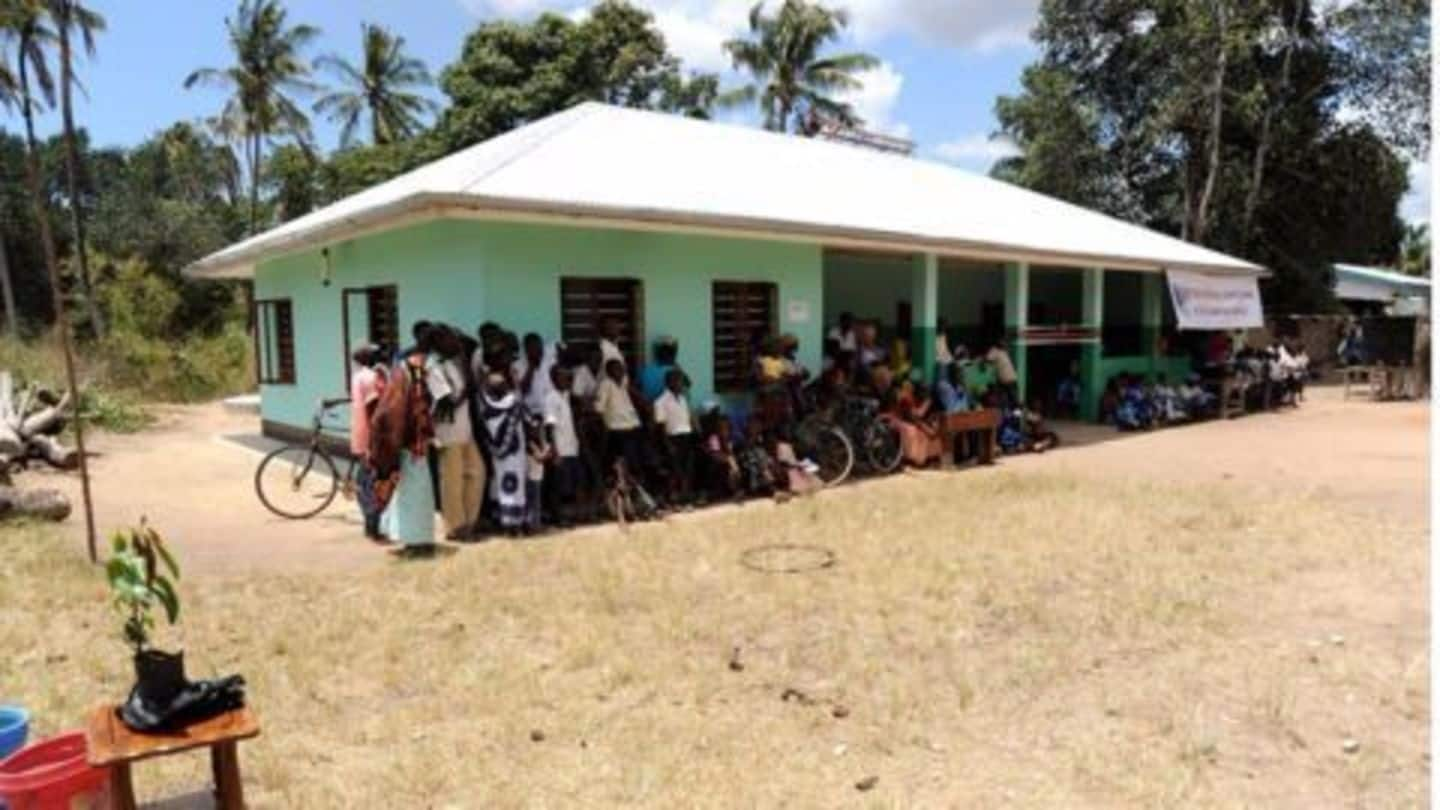
Mobile clinics accessible to people from Chhattisgarh's Red Corridor
What's the story
The Chhattisgarh government is undertaking great initiatives in association with the Public Health Foundation of India (PHFI). One of these initiatives include hiring doctors and medical staff that would live and work in districts which are victims of Maoist-violence. The Usoor Primary Health Centre (PHC), Chhattisgarh holds weekly makeshift clinics in order to extend healthcare to those apprehensive of visiting government hospitals and clinics.
Background
Naxalite-Maoist insurgency in India
The Naxalite-Maoist insurgency is a continuing conflict between Maoist groups (Naxalites/Naxals) and the Indian government. Hundreds of people are killed in annual clashes between the CPI-Maoists (CPI-M) and the government. The origin of the 'Naxalite' rebels can be traced back to a village named Naxalbari in West Bengal where farmers protested against the treatment received by them from their landlords.
Information
The Red Corridor
The 'Red Corridor' is a name given to that region of east India which witnesses considerable amounts of Naxalite-Maoist insurgencies. The greatest amount of illiteracy, poverty and overpopulation in modern India is found in these areas. States that make up the Red Corridor are Andhra Pradesh, Bihar, Chhattisgarh, Jharkhand, Madhya Pradesh, Maharashtra, Odisha, Telangana, Uttar Pradesh and West Bengal.
Data
Most-affected districts
Bastar, a district in Chhattisgarh is a largely tribal district. A part of Chhattisgarh, which is the most affected state by the insurgency, Bastar is also the most largely hit district when it comes to Maoist violence.
Details
About these makeshift clinics
The makeshift mobile clinics include a health assistant, a staff nurse, an auxiliary nurse midwife and two volunteers. Facilities include screening pregnant women, vaccinating children, treating boils, skin lesions, diarrhea and malaria. Around 70 people receive treatment between 10 am to 4 pm in makeshift camps each week. These camps are conducted in village markets, a perfect place to provide treatment to the people.
Reasons
The aim of makeshift camps
According to Chhattisgarh's health minister Ajay Chandrakar, "We have to build people's trust so that they use government health systems instead of going to the unorganized sector which overcharges them." "We need to offer people quality services to make them trust state services. On receiving treatment once, they will come back to government doctors because they know they will get treated well", he added.
Data
Figures
Until 30th September, 2016, 85 deaths took place due to 313 attacks by Maoists in Chhattisgarh. Jharkhand was attacked 265 times with 71 people losing their lives. Across the country, a total of 845 incidents of Maoist violence have occurred in 2016.